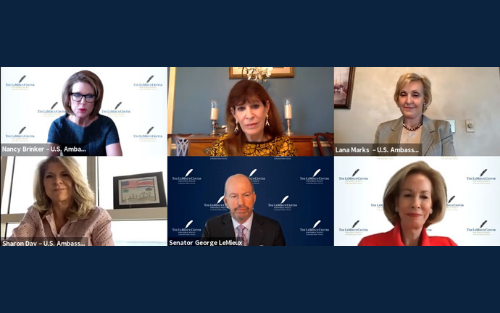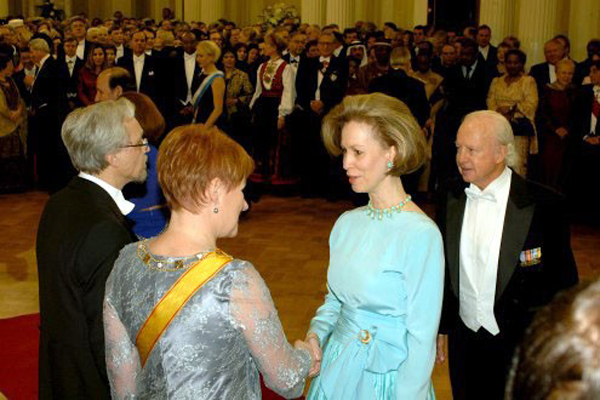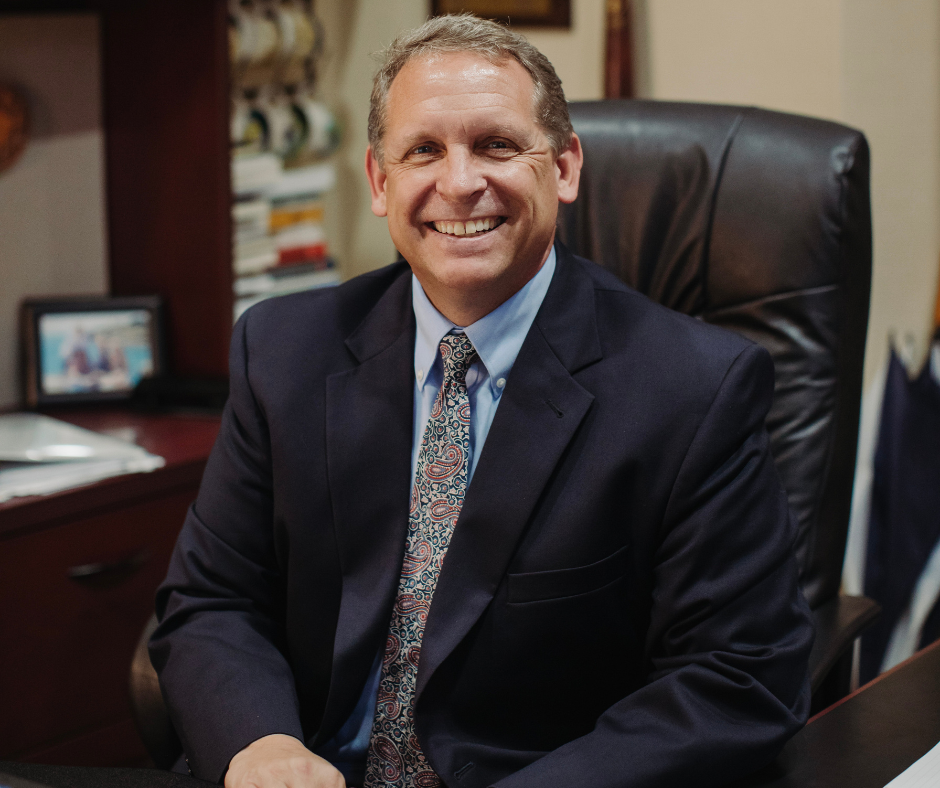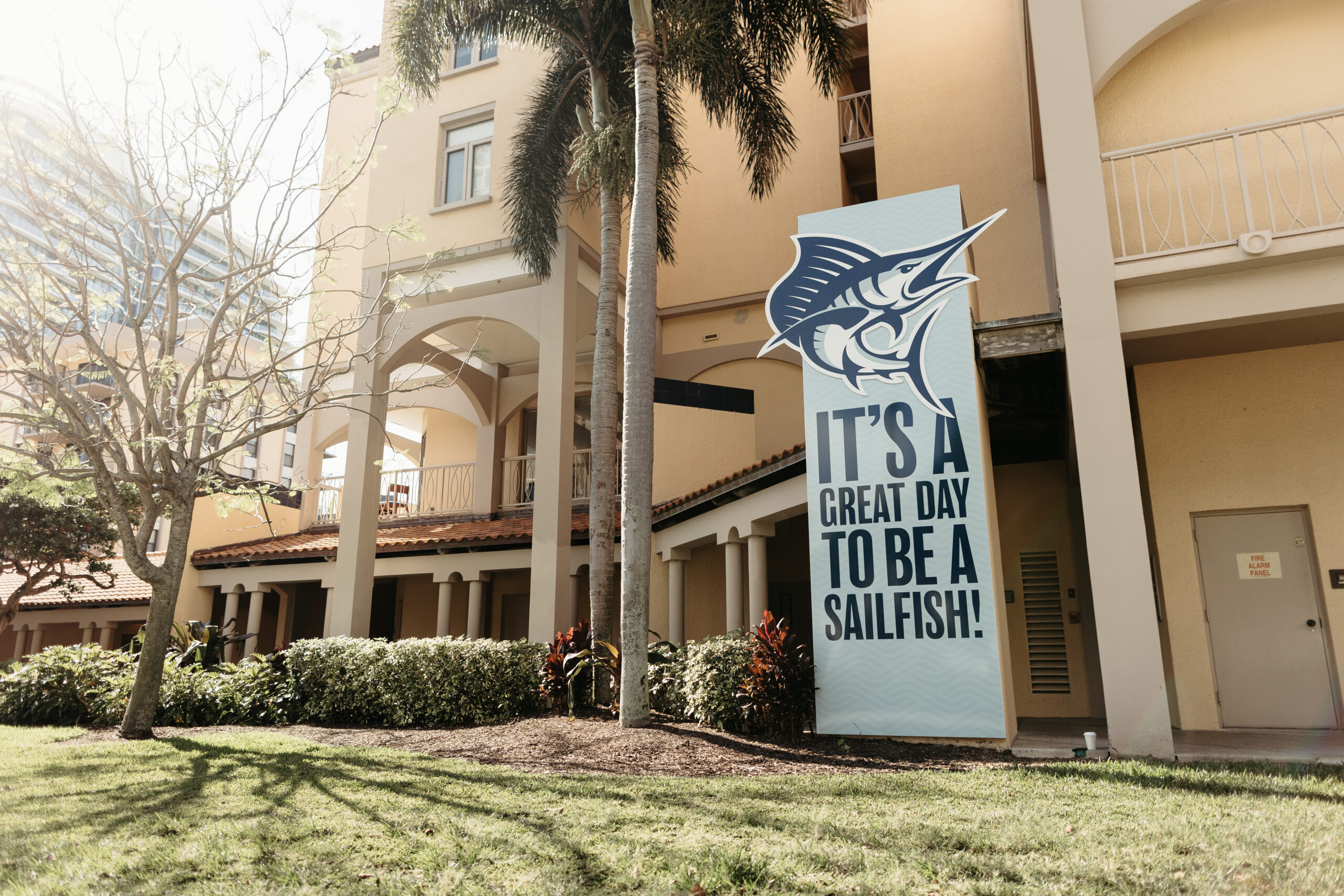
Five accomplished women who served as U.S. ambassadors shared their experiences creating jobs, improving women’s health and fighting the drug trade in their work abroad. They opened up during a LeMieux Center for Public Policy event Monday evening.
The virtual panel with America’s former highest-ranking diplomats was part of a series of for the University’s Women’s History Month celebration. All of the women are South Florida residents, and four of them are from Palm Beach — minutes away from Palm Beach Atlantic’s West Palm Beach campus.
The ambassadors were Robin Bernstein(ambassador to the Dominican Republic 2018-2021), Nancy G. Brinker (ambassador to Hungary 2001-2003), Sharon Day (ambassador to Costa Rica 2017-2021), Lana Marks (ambassador to South Africa 2019-2021) and Bonnie McElveen-Hunter (ambassador to Finland 2001-2003). Brinker and McElveen-Hunter have received the University’s Women of Distinction Award. Former U.S. Sen. George S. LeMieux moderated the panel.
Three of the ambassadors — Bernstein, Day and Marks — described how they pivoted to face the challenges of COVID-19. Day, for example, connected baseball manufacturer Rawlings to Edwards LifeSciences. Every baseball used in a Major League Baseball game is made by Rawlingsin Costa Rica, and with the season indefinitely postponed early in the COVID-19 outbreak, the people who usually hand-stitched baseballs began sewing heart valves instead.

Brinker and McElveen-Hunter faced their own challenges serving in the aftermath of the terrorist attacks on Sept. 11, 2001. Brinker watched the first tower in the World Trade Center crumble as her ride waited to take her to the airport en route to Hungary.
It was 10 days until she could get to Budapest, and she was met with a six-person security detail that never left her side, including in public restrooms. Her post was uniquely positioned near major military installations and the Middle East.
“The weight of the job never left,” Brinker said. “It was an awesome responsibility, for all of us, to be the highest American official in a foreign nation and especially at a time of war.”
Brinker, who founded Susan G. Komen for the Cure and the Promise Fund of Florida, helped Hungarian women gain awareness about prevention and detection of diseases, particularly cancer. When Brinker arrived as ambassador, breast cancer was the leading cause of death among Hungarian women. When she returned on a visit in 2005, it had dropped to third place.
McElveen-Hunter is the national chair of the board of the American Red Cross and founder and CEO of Pace Communications, the largest independently-owned custom content agency in the nation. As ambassador, she invited 50 female CEOs of American companies to Helsinki to partner with 50 businesswomen from Latvia, Lithuania, Estonia, Russia and Finland who work in the same sectors.
The American women shared openly about their failures and successes. Six weeks later, the women from Latvia, Lithuania, Estonia and Russia visited their partners in the U.S., lived with them, went to work with them and visited the White House.
The partnerships generated $10 million of new business. The model was replicated in Latvia and Jordan, reaching women in Palestine, Tunisia, Morocco, Egypt and Syria, and continues today, McElveen-Hunter said.
“Now let me ask, what do you think they think of America, because we were lifting them up with partnerships?” McElveen-Hunter said.
Marks, who founded the Lana Marks fashion brand, served as one of the mentors. South Africa, where she was born and served as ambassador, already was plagued by 30 percent unemployment before the pandemic. Unemployment has increased to 50 percent, Marks said.
Marks answered by creating a free online skills training portal with top American companies so that young South Africans are prepared for work. Marks strongly encouraged women’s entrepreneurship, excellence in business and public-private partnerships, particularly in mining and agriculture, she said.
She increased programs to prepare people for public policy and women’s entrepreneurship and expanded the prestigious Fulbright program in that nation.
The country also faces severe power blackouts. Marks helped put together a deal with GE to alleviate the problem.
Like Marks, Bernstein prioritized education and entrepreneurship. She orchestrated the Florida-Dominican Republic Higher Education Summit in Santo Domingo to encourage academic exchange, research and other strategic relationships between colleges and universities in Florida and the Dominican. PBA School of Arts and Sciences Dean Dr. Robert Lloyd attended and identified areas for fruitful partnership.
Some of her proudest accomplishments benefitted women and children. Specifically, she and Day, the ambassador to Costa Rica, each hosted an Academy of Women Entrepreneurs mentoring business people between the ages of 18-35.
Bernstein said her team was involved in apprehending accused international narcotics trafficker César Emilio Peralta, known by the nickname César the Abuser, and beginning to dismantle his alleged narcotics trafficking network. He remains imprisoned in Colombia.
Similarly, Day focused on border security and stopping the flow of illegal drugs, specifically cocaine, through Costa Rica. While the country is a strong ally to the United States, it is a tiny country with limited resources, Day said. Day helped the allied nation obtain the tools and training needed to make a difference.
The former ambassadors also discussed China’s ongoing threats to democracy. Bernstein said China is using “vaccine diplomacy,” giving more than 700,000 doses of vaccine to the Dominican Republic to curry goodwill.
Day and two other women ambassadors in the region pushed the State Department to develop a China policy for the western hemisphere after she discovered that a security center in Costa Rica was to use Chinese-made scanners.
Added Bernstein, “We do share values in the western hemisphere. We share democratic values, and the most important thing that we can do is continue to show up, build capacity and continue to show that we are the partner of choice.”


